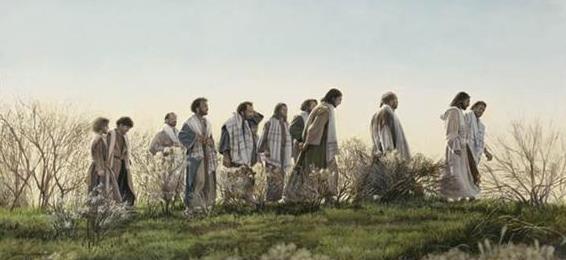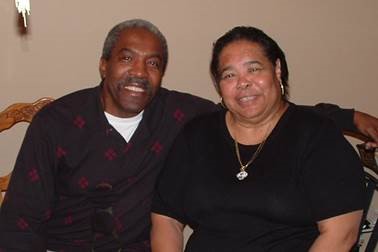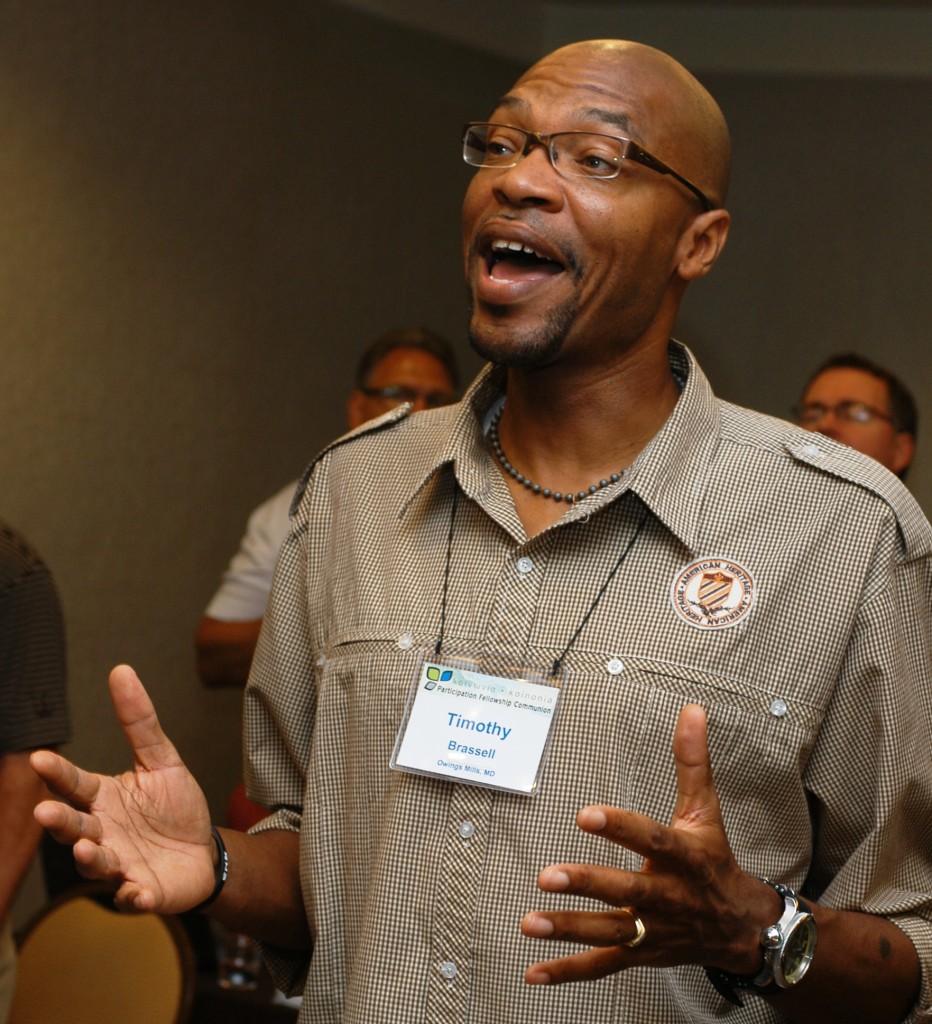Dear Brothers and Sisters,
 The Gospels indicate that Jesus focused much of his ministry on four groups: his inner circle of Peter, James and John; his 12 disciples; 70 other disciples; and large crowds. Jesus mentored the inner circle, taught and traveled with the 12 and 70, and taught and fed the crowds. Though he gave priority to the first two groups, he profoundly impacted all four. No matter the group’s size, Jesus masterfully ministered God’s love in ways that were life-transforming.
The Gospels indicate that Jesus focused much of his ministry on four groups: his inner circle of Peter, James and John; his 12 disciples; 70 other disciples; and large crowds. Jesus mentored the inner circle, taught and traveled with the 12 and 70, and taught and fed the crowds. Though he gave priority to the first two groups, he profoundly impacted all four. No matter the group’s size, Jesus masterfully ministered God’s love in ways that were life-transforming.
As pastoral leaders, we’re called to minister with Jesus to all sorts of groups in our world. With him we reach out to our inner circles of family and close friends, and to the church(es) we have been appointed to serve including the leadership teams and members. We also join Jesus in ministering to co-workers, neighbors and others people in the community at large. The challenges we face in these areas can leave us feeling inadequate, particularly as we compare ourselves with seemingly “successful” ministers. In conversations with GCI pastoral leaders, I often hear about these feelings. I’m sure most of us, at times, have wondered if we’re up to the tasks to which God has called us. If you wrestle with feelings of inadequacy, I hope this letter brings you some comfort and assurance.

Truth be told, when it comes to sharing in ministry with Jesus, we’re all inadequate for the task as Paul notes in 2 Corinthians 2:15-16 NASB. But sometimes an appropriate sense of inadequacy is unhelpfully inflamed by a faulty understanding of what constitutes “successful” ministry.
It’s easy to misunderstand the actual nature of Jesus’ ministry given the range of responses he personally elicited from those he ministered to. Though he was perfect, some considered Jesus’ ministry to be unsuccessful. Scripture also shows us that Jesus’ original disciples where not supermen. Like us, they needed love, relationships, food and shelter. As they ministered with Jesus, they often were misunderstood and made mistakes. Like us, they were on a journey of transformation and they encountered trials along the way. As a result, they often needed comfort and assurance just like we do. As a wise man once said: there is nothing new under the sun.
We learn a great deal by observing Jesus at work in his earthly ministry. He came to save the world, yet he did not meet all the needs of every person. On those occasions when Jesus did perform spectacular healings, his purpose was to declare the present and coming kingdom. For example, he healed a few lepers who came his way, but we don’t find him going into leper colonies to heal all who suffered. His strategy confused and even displeased some people, including some of his disciples.

by Johannes Vermeer
(public domain via Wikimedia Commons)
You’ll recall the story of Martha, Mary and their brother Lazarus. Though they were close friends, Jesus did not rush to their side when he learned that Lazarus was sick and near death. In fact, Jesus stayed put for two days before going to them. And then when he told his disciples that it was time to make a “pastoral visit,” they warned Jesus of the dangers: “Rabbi,” they said, “a short while ago the Jews there tried to stone you, and yet you are going back?” (John 11:8). Jesus replied by explaining his reason for now going: “Our friend Lazarus has fallen asleep; but I am going there to wake him up” (John 11:11).
As often happened, the disciples misunderstood Jesus: “‘Lord, if he sleeps, he will get better.’ Jesus had been speaking of his death, but his disciples thought he meant natural sleep. So then he told them plainly, ‘Lazarus is dead, and for your sake I am glad I was not there, so that you may believe. But let us go to him'” (John 11:12-15). Stirred to action by Jesus’ comments, the now gung-ho disciples expressed their willingness to risk their lives to travel with Jesus: “Thomas…said to the rest of the disciples, ‘Let us also go, that we may die with him'” (John 11:16).
Lazarus had been dead at least four days when Jesus and his disciples arrived (John 11:17). Martha expressed her disappointment with Jesus by saying: “If you had been here, my brother would not have died. But I know that even now God will give you whatever you ask” (John 11:21-22). Even when Jesus explained, “Your brother will rise again” (John 11:23), Martha heard it as a reference to the resurrection at the last day. Mary too was disappointed with Jesus: “When Mary reached the place where Jesus was and saw him, she fell at his feet and said, ‘Lord, if you had been here, my brother would not have died'” (John 11:32).
I find comfort and assurance in this account in three ways. First, it assures me that Jesus truly is “the resurrection and the life” (John 11:25). It is greatly comforting to know that we have a never-ending, fully-conscious relationship with Jesus that transcends all trials, including death. Second, I’m comforted knowing that Jesus did not judge his friends for being disappointed with him. Third, I’m assured that Jesus often has in his mind a bigger picture than the one I’m able to see. That’s why I trust in and rely upon him. I’m sure you do as well.

In his earthly ministry, Jesus (in his humanity) faced the same limits of time, space and energy that we do. As a result, the way he ministered to his inner circle was different than the way he ministered to the crowds. Jesus had to prioritize his time, and he took time away from the demands of ministry to rest. As sometimes happens to us, Jesus faced people who were disappointed with his ministry, and he did not persuade or win over everyone he spoke with. In fact, Jesus, the very love of God in person, had some bitter enemies. I find comfort and assurance in knowing these things—I hope you do too.
The hard reality is this: faithful ministry does not always produce the outcomes we desire. Not all ministry leads to “success,” as some define it. But our calling is not to look to what others are doing, nor to what we believe we aren’t doing as well as we think we should. Instead, we look to Jesus (Hebrews 12:2), understanding that his ministry is ours and our ministry is his. We trust him, knowing he continues to be faithful as we seek to share, by grace, in what he is doing. In that sharing we will, of course, be imperfect—we’ll continue to need to learn and grow as Jesus, by the Spirit, equips, guides and transforms us.
As I think about who Jesus is, about what he has and is doing, and about our calling to share in ministry with him, I find both comfort and assurance. I hope you do too.
Thanking God for you and for your faithful ministry in the Lord,
Joseph Tkach








